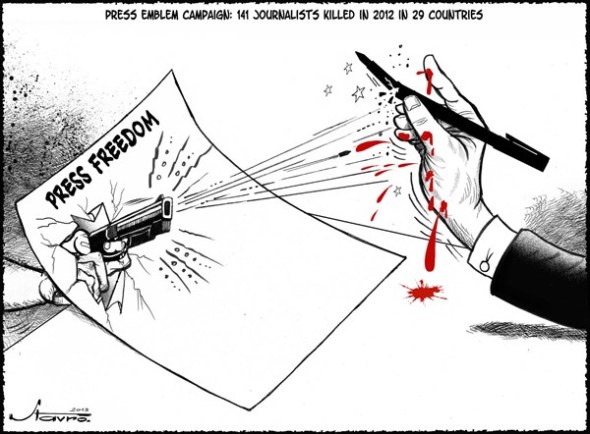
Beirut before the civil war
Lebanon was once considered the ‘Paris of the Middle East; with its French colonial past and historically serving as a link between the world of the Mediterranean and the East. Vast contrasts exist within its culture, religion and politics that have seen decades of devastating conflict as well as times of prosperity and change. Aspects of it’s current political system are completely unique and equally contentious, being viewed as a major weakness for the progression of the country. An interesting aspect of Lebanon was that is it known to have one of the freest presses in the Arab nations, currently experiencing basically zero censorship. Or is it?
When compared to Saudi Arabia a place considered to be one of the most censored media environments in the world, with journalists being targeted and persecuted, it appears relatively free. Though this is countered by the said controversial political system in Lebanon where these multitude of private TV, Radio and newspaper sources exist openly but their objectivity is often questioned. Ultimately they are representative of a particular political angle and voice. So even though they can openly function and give the perception of a free voice there is a vested interest in their very existence. I found it difficult to consider it a free press when it is so obviously being manipulative and coercive in its nature. This same sentiments exist within our own political and media spheres, with questionable practices and conflicts of interests with privately owned media corporations and their political leanings. Rupert something or other comes to mind..
A lebanese political cartoonist, Stavro Jubra published this image making an obvious reference to the ‘apparent’ freedom of expression that exists and highlights the universal implications.

